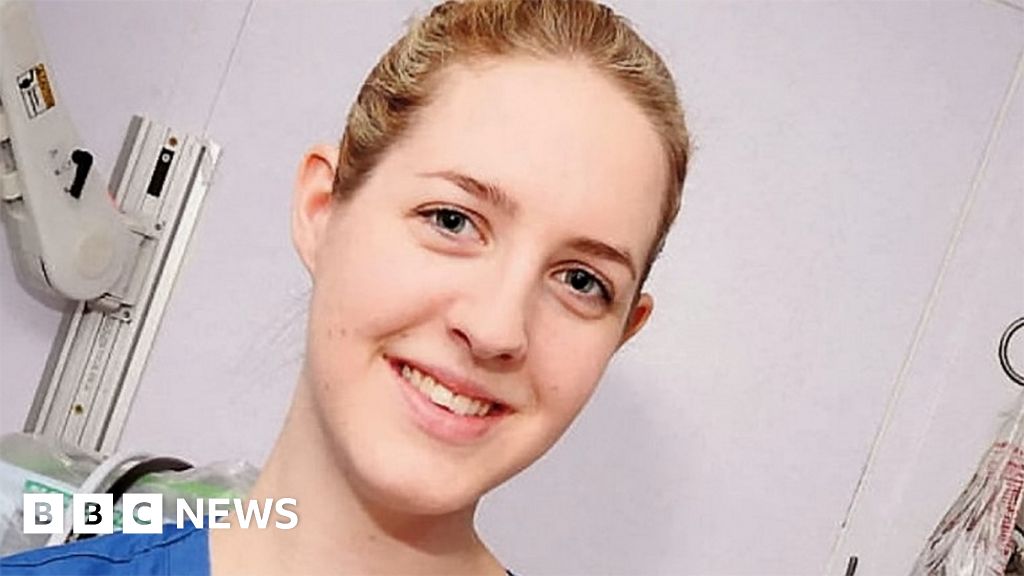I complain on here in various posts about hospital administration. There's just this clear disconnect between the administrators, who do no patient care, are paid well, and are fully aligned with the hospital and/or health system, and the physicians who provide the actual care that makes the business functional and are focused on best patient care and less so on systems level care issues.
From a simplistic standpoint, it's obvious that administrators are completely bought into the system. They are paid by the system and their work has no other outlet than to make the system "better", which in turns pays them, which in turn gives them opportunities for professional advancement within the system or the option to jump to better pay/prestige in another system.
As a physician, we give excellent patient care. But we don't get paid more if the system does well. There are no promotions with sweet compensation increases. We have some BS metrics that don't really align with hospital profitability. I have really zero motivation to go above and beyond for the system. I'm not eyeing the next promotion or trying to become the CMO at a competing health system. I have a job that pays well for providing patient care.
All this to say, whether it's asking/telling physicians they must supervise midlevels for zero pay, or cover extra shifts instead of getting locums, or whatever other nonsense admin is asking for, why in the world would I choose to do any of this? Sure the administrator asking gets cost savings, and can go into their annual review and argue for better pay because of how "effective" they've been, or add this to their CV to secure the next bigger job opportunity. But for physicians, what is the benefit?
If non-profit, hospitals don't have stocks, they can't give me options or special stock units, I don't do better if the hospital does better. Admin doesn't get this either, but they do get better promotions and bonuses if the system does better.
Just some rambling thoughts. Maybe I'm looking at this all wrong and if so happy to hear others' thoughts.
From a simplistic standpoint, it's obvious that administrators are completely bought into the system. They are paid by the system and their work has no other outlet than to make the system "better", which in turns pays them, which in turn gives them opportunities for professional advancement within the system or the option to jump to better pay/prestige in another system.
As a physician, we give excellent patient care. But we don't get paid more if the system does well. There are no promotions with sweet compensation increases. We have some BS metrics that don't really align with hospital profitability. I have really zero motivation to go above and beyond for the system. I'm not eyeing the next promotion or trying to become the CMO at a competing health system. I have a job that pays well for providing patient care.
All this to say, whether it's asking/telling physicians they must supervise midlevels for zero pay, or cover extra shifts instead of getting locums, or whatever other nonsense admin is asking for, why in the world would I choose to do any of this? Sure the administrator asking gets cost savings, and can go into their annual review and argue for better pay because of how "effective" they've been, or add this to their CV to secure the next bigger job opportunity. But for physicians, what is the benefit?
If non-profit, hospitals don't have stocks, they can't give me options or special stock units, I don't do better if the hospital does better. Admin doesn't get this either, but they do get better promotions and bonuses if the system does better.
Just some rambling thoughts. Maybe I'm looking at this all wrong and if so happy to hear others' thoughts.

